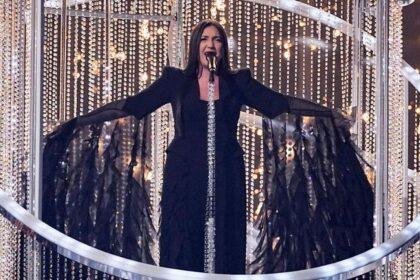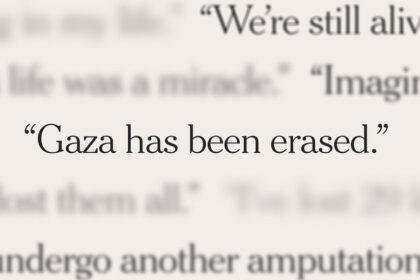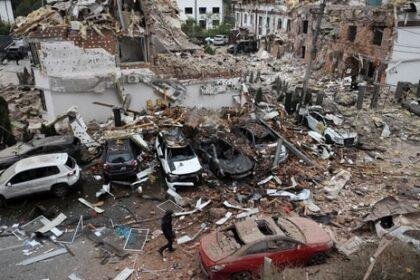Italian Prime Minister Meloni Faces ICC Allegations Amid Gaza Conflict
ROME – In a striking development, Italian Prime Minister Giorgia Meloni announced on Tuesday that she and two of her ministers have been reported to the International Criminal Court (ICC) for alleged complicity in genocide related to the ongoing conflict in Gaza. This announcement comes amid escalating tensions and widespread protests in Italy against the violence in the region.
Allegations of Complicity in Genocide
During an interview with state broadcaster RAI, Meloni revealed that Defence Minister Guido Crosetto and Foreign Minister Antonio Tajani were also named in the complaint, along with Roberto Cingolani, the head of the defense contractor Leonardo. Meloni expressed her disbelief at the accusations, stating, “I don’t believe there is another case like this in the world or in history.” However, she did not disclose the identity of the individuals or organizations that filed the complaint.
Context of the Conflict
The backdrop to these allegations is the ongoing conflict between Israel and Hamas, which escalated dramatically on October 7, 2023. On that day, Hamas militants launched a surprise attack on southern Israel, resulting in the deaths of approximately 1,200 people and the abduction of 251 hostages, according to Israeli sources. In retaliation, Israel has conducted extensive military operations in Gaza, leading to a reported death toll exceeding 67,000, as per health officials in the region. Israel has categorically denied accusations of genocide, asserting that its military actions are aimed at neutralizing threats from Hamas.
Domestic Response and Protests
In recent days, Italy has witnessed a surge in public demonstrations, with hundreds of thousands taking to the streets to protest against the violence in Gaza. Many of these protests have targeted Meloni’s government, which has traditionally been a strong ally of Israel. While the government has recently distanced itself from what it describes as Israel’s “disproportionate” military response, it has not severed diplomatic or commercial ties with Israel, nor has it recognized the state of Palestine.
Meloni’s Defense
In her defense, Meloni expressed astonishment at the allegations of complicity in genocide, emphasizing that Italy has not authorized any new arms supplies to Israel since the onset of the conflict on October 7. A spokesperson for Leonardo, Cingolani’s company, echoed this sentiment, labeling the accusations as a “very serious frame-up.” This response highlights the complexities of international arms sales and the ethical considerations that accompany them, particularly in conflict zones.
Historical Context of International Law
The ICC was established in 2002 to prosecute individuals for crimes such as genocide, war crimes, and crimes against humanity. The court operates under the principle of complementarity, meaning it can only intervene when national courts are unwilling or unable to prosecute serious crimes. The allegations against Meloni and her ministers raise significant questions about the responsibilities of state leaders in times of conflict and the legal ramifications of their actions or inactions.
Broader Implications
The situation in Gaza has not only sparked outrage within Italy but has also reverberated across Europe and beyond. The conflict has reignited debates about the role of Western nations in the Middle East and the ethical implications of military support to Israel. As public sentiment shifts, leaders like Meloni may find themselves navigating a complex landscape of domestic and international pressures.
Meloni’s Views on Global Affairs
In addition to addressing the allegations, Meloni also commented on the broader geopolitical landscape, particularly regarding the ongoing conflict in Ukraine. She suggested that U.S. President Donald Trump has recognized that Russia is not interested in pursuing a peace deal. “In the face of this refusal by Putin… the only way forward is to apply pressure, continue to support Ukraine, and impose sanctions,” she stated. This perspective aligns with the growing consensus among Western leaders that a firm stance is necessary to counter Russian aggression.
Conclusion
The allegations against Prime Minister Giorgia Meloni and her ministers mark a significant moment in Italy’s political landscape, reflecting the complexities of international relations and the moral dilemmas faced by leaders in times of conflict. As the situation in Gaza continues to evolve, the implications of these allegations may resonate far beyond Italy’s borders, influencing public opinion and policy decisions across Europe and the world. The unfolding events serve as a reminder of the intricate interplay between domestic politics, international law, and humanitarian concerns in an increasingly interconnected global landscape.











